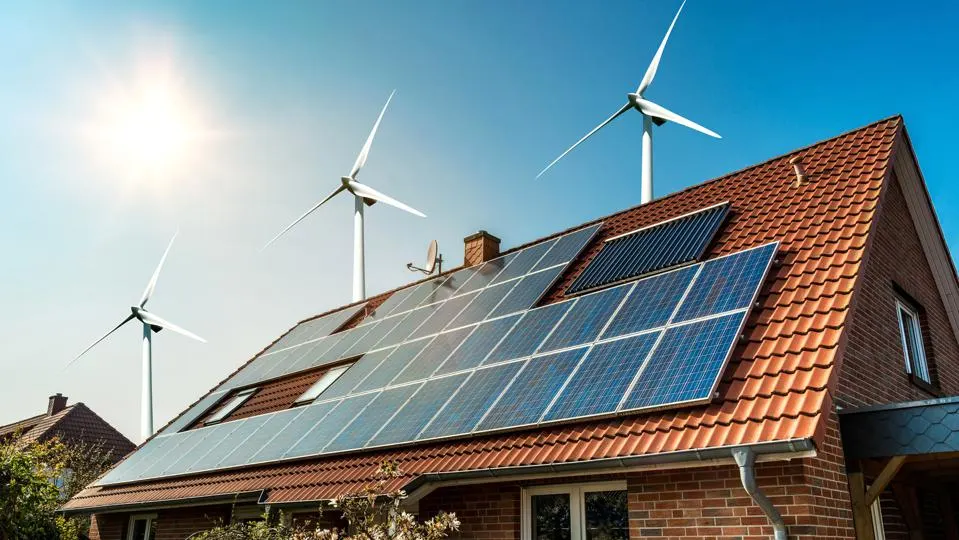
Solar energy has emerged as a beacon of sustainability in the UK’s efforts to transition towards greener energy sources. With solar panels adorning rooftops and fields across the country, it’s crucial to understand the lifespan of these installations.
From the initial setup to their eventual ‘retirement,’ let’s delve into the journey of solar panels in the UK. If you’re looking for new solar panels, search your area in your search engine. For example, search ‘Cambridge solar panels’ if you live in that area.
The installation phase
The lifecycle of solar panels begins with installation, a process that involves mounting the panels on rooftops of homes and buildings. In the UK, advancements in technology and government incentives have made solar installations increasingly accessible to homeowners and businesses alike. The typical lifespan of solar panels installed in the UK ranges from 25 to 30 years, making them a long-term investment in renewable energy infrastructure.
The long active years of solar panels
During their operational phase, solar panels harness sunlight to generate electricity through the photovoltaic effect. In the UK, where sunlight levels vary throughout the year, solar panels continue to produce energy even on cloudy days.
Regular maintenance, such as cleaning to remove dirt and debris, is essential to ensure optimal performance. Fortunately, solar panels require minimal upkeep, making them a low-maintenance energy solution for both residential and commercial applications.
Monitoring and optimising your panels
Advancements in monitoring technology allow solar panel owners to track energy production and identify potential issues promptly. By monitoring performance metrics such as energy output and efficiency, owners can optimise their systems for maximum productivity.
Innovations such as smart inverters and battery storage solutions enable users to store excess energy for use during periods of low sunlight or high demand, further enhancing the efficiency and reliability of solar power systems.
What to do when solar panels reach the end of their lifespan
As solar panels approach the end of their lifespan, considerations for disposal and recycling become paramount. While solar panels are designed to withstand harsh weather conditions, over time, they may experience degradation or reduced efficiency. Proper disposal and recycling methods are crucial to mitigate environmental impact and ensure the responsible management of end-of-life solar panels. Fortunately, the UK government has established regulations and initiatives to promote the recycling of solar panels and reduce waste.
When to replace solar panels
After decades of service, solar panels reach the end of their operational lifespan and require replacement. Fortunately, advancements in solar technology continue to improve efficiency
The growing demand for renewable energy and the declining costs of solar technology make replacement an attractive option for homeowners and businesses seeking to maintain sustainable energy solutions.
Understanding the lifespan of solar panels is essential for maximising their benefits and ensuring the long-term sustainability of renewable energy infrastructure in the UK. By embracing solar energy and adopting responsible practices for disposal and recycling, we can harness the power of the sun to create a brighter tomorrow for generations to come.
Leave a Reply